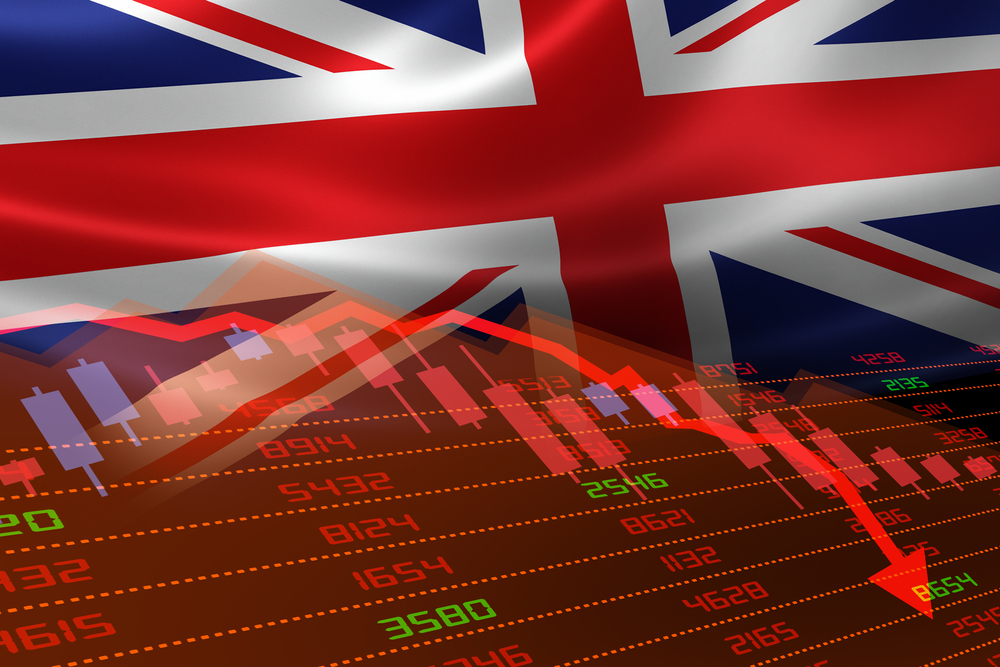News
UK ‘perilously close to a recession’ as weak GDP recorded

The UK’s Gross Domestic Product (GDP) is estimated to have fallen by a weaker-than-expected 0.3% in April, following a decline in the previous month.
Gross domestic product (GDP) measures the value of goods and services produced in the UK. It estimates the size of, and growth in, the economy.
The latest figures for April reveal GDP fell by 0.3%, following a 0.1% decline in March 2022.
According to the Office for National Statistics (ONS), services were the main downward contributor to the figure, falling 0.3%, owing to the big reduction in the Covid NHS Test and Trace activity.
Production also fell 0.6% in the month, pulled south by a 1% fall in manufacturing amid supply chain shortages and price rises.
Meanwhile, construction also fell by 0.4% after strong growth in March off the back of “significant repair and maintenance activity following the storms in February”, the ONS noted.
However, it added that this is the first time that all the main sectors (services, production and construction) have contributed negatively to a monthly GDP estimate since January 2021.
But, GDP remains 0.9% above its pre-coronavirus level (February 2020), and on a quarterly basis (February to April 2022), it increased by 0.2%.
UK ‘perilously close to a recession’
For Paul Dales, chief UK economist at Capital Economics, the 0.3% month-on-month GDP fall “wasn’t as weak as it looked”, but does “increase the chance that the economy is slipping into recession”.
He explained that without the NHS Test & Trace programme, GDP would have actually increased by 0.1%. Further, while services output fell 0.3%, output in consumer-facing services “which is where we would expect households to rein in their spending first, rose by a solid 2.3% month-on-month”, he said.
Dales added: “It is too early for the full drags from higher inflation and interest rates to have been felt. So, GDP will stay weak over the coming quarters and a recession is a real risk.
“Our forecasts that GDP will be flat in May and decline by 0.3% m/m in June are consistent with GDP contracting by 0.5% q/q in Q2. And a return to modest growth in the following three months would only result in a 0.1% q/q rise in Q3.
“In other words, the UK is perilously close to a recession (defined as two consecutive quarters of falling GDP).”
The economist added that with inflation at a 40-year high of 9% in April and still climbing, the Bank of England may be inclined to raise rates by 25bps to 1.25% instead of the 50bps rise Capital Economics is forecasting.
Since its inception in 1997, the Monetary Policy Committee (MPC) has never raised rates during a recession.